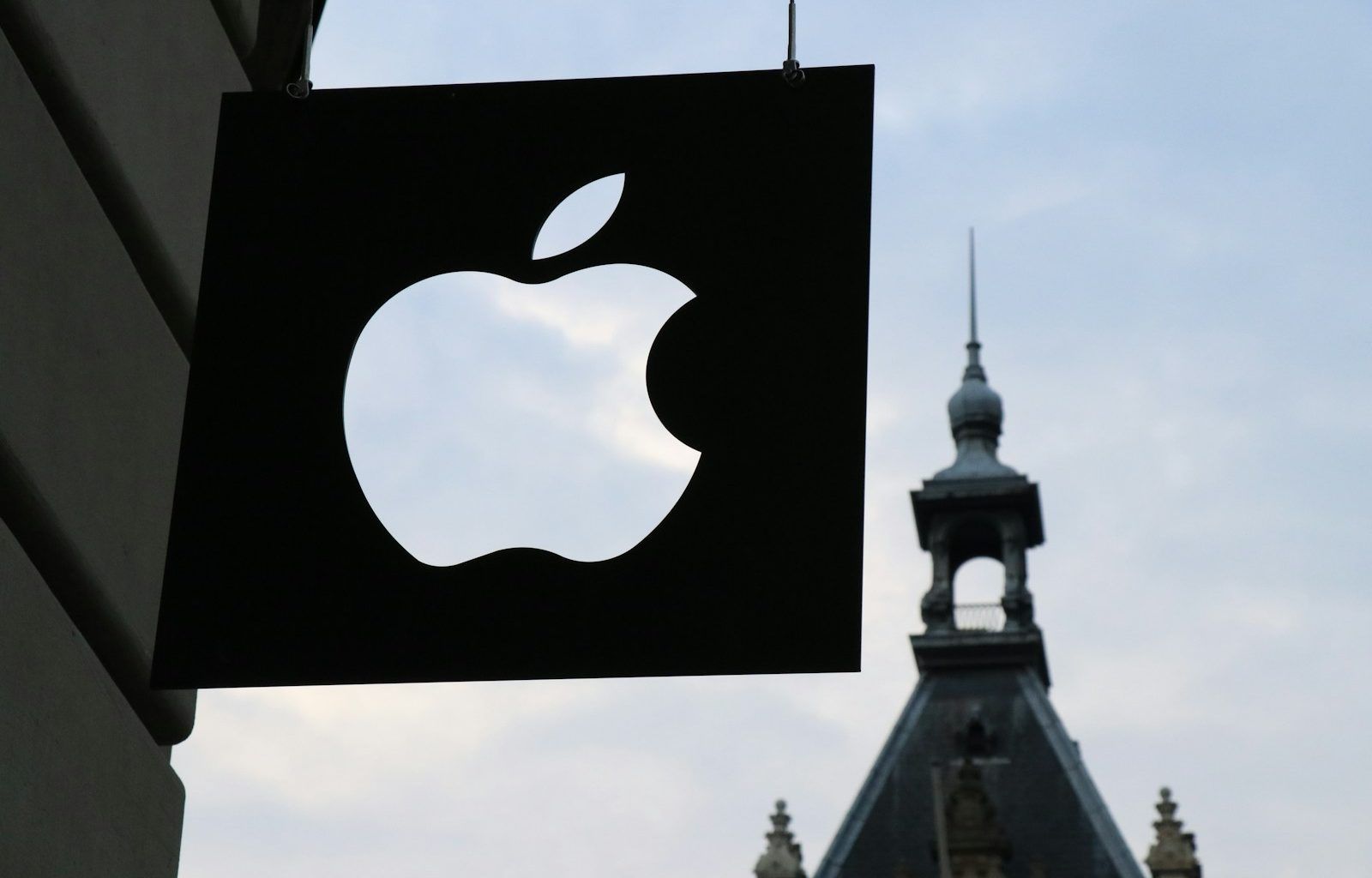In the ever-evolving world of music streaming, Apple Music has managed to carve out a special place for itself. But have you ever wondered when Apple Music was made and how it became such a big deal? Let’s take a journey through its history and discover everything about this popular service.
The Big Reveal: When Apple Music Was Made
Apple Music was officially launched on June 30, 2015. Yes, it’s been around for a while now, but compared to some of its competitors, it’s still relatively young. This launch was Apple’s response to the growing popularity of streaming platforms like Spotify and Pandora. The idea was simple yet ambitious: to create a one-stop destination where people could not only stream their favorite songs but also discover new ones, listen to curated playlists, and even tune into live radio.
Why Did Apple Enter the Music Streaming Scene?
Before Apple Music came along, Apple had already made waves in the music industry with iTunes. Remember the days of downloading songs and creating your own playlists? iTunes revolutionized how people bought music, but times were changing. By the early 2010s, streaming was becoming the new norm. People wanted instant access to millions of songs without having to buy each one individually.
Seeing this shift, Apple decided it was time to pivot. Enter Apple Music. Unlike iTunes, which was all about ownership, Apple Music embraced the subscription model. This allowed users to access a vast library of songs for a monthly fee. It was a bold move, but Apple’s timing was perfect.
The Early Days: Building Apple Music
When Apple Music was made, it wasn’t just about the technology. Apple wanted to create an experience. To do this, they brought in some big names, including Jimmy Iovine and Dr. Dre, co-founders of Beats Electronics. Beats Music, their streaming service, played a big role in shaping Apple Music. In fact, Apple’s acquisition of Beats in 2014 was a key step in the development of its streaming platform.
Apple Music wasn’t launched as just another app. It came with features designed to set it apart. For example, Beats 1 Radio (now known as Apple Music Radio) was a global, live-streaming radio station that featured renowned DJs like Zane Lowe. This was Apple’s way of blending traditional radio with modern streaming.
The Impact of Apple Music on the Industry
When Apple Music was made available to the public, it quickly gained traction. One reason for its success was Apple’s massive ecosystem. Millions of iPhone users were already familiar with Apple’s products, making it easy to adopt this new service. Additionally, Apple Music’s integration with Siri and other Apple devices made it super convenient to use.
Another standout feature was its curated playlists. Instead of relying solely on algorithms, Apple Music employed actual humans to create playlists. This gave the service a personal touch that many users appreciated. Playlists like “Today’s Hits” and “Chill Mix” became fan favorites.
Growth and Evolution Over the Years
Since its launch in 2015, Apple Music has grown by leaps and bounds. By 2019, it had surpassed 60 million subscribers. Today, that number is even higher. The service has expanded to over 165 countries, making it one of the most widely available streaming platforms in the world.
Apple Music has also continued to innovate. Features like Spatial Audio and Lossless Audio, introduced in 2021, have elevated the listening experience. These technologies provide richer, more immersive sound quality, giving users even more reasons to stick with Apple Music.
Apple Music vs. The Competition
Of course, Apple Music isn’t the only player in the game. Spotify, Amazon Music, and YouTube Music are just a few of its competitors. So, what sets Apple Music apart? For starters, its deep integration with the Apple ecosystem is a big advantage. If you own an iPhone, iPad, or Mac, Apple Music feels like a natural extension of your device.
Another key difference is Apple Music’s focus on exclusive content. Over the years, the service has partnered with artists to release exclusive albums and tracks. This has helped it stand out in a crowded market.
Challenges Along the Way
When Apple Music was made, it wasn’t all smooth sailing. The service faced criticism in its early days for its confusing interface. Many users found it hard to navigate, which led Apple to make several updates over the years. Additionally, some artists and industry insiders were skeptical about streaming in general, arguing that it didn’t compensate artists fairly.
Despite these challenges, Apple Music persevered. By continuously improving its features and listening to user feedback, it has managed to stay relevant in an ever-changing industry.
The Role of Apple Music in Artist Promotion
One of Apple Music’s most notable contributions is how it supports artists. The platform’s “For You” section, which was available at launch, helped users discover new music based on their listening habits. Over time, Apple Music has introduced more tools for artist promotion, including music videos, live performances, and artist interviews.
In 2020, Apple Music launched the Apple Music for Artists platform. This tool gives artists insights into how their music is performing on the platform. From streaming numbers to listener demographics, it’s a treasure trove of data that helps artists make informed decisions.
What’s Next for Apple Music?
As we look to the future, it’s clear that Apple Music isn’t slowing down. The service continues to add new features and expand its offerings. For example, the introduction of classical music playlists and live concerts has broadened its appeal. Apple Music is also investing heavily in original content, including documentaries and exclusive interviews with artists.
Moreover, as technology evolves, Apple Music is likely to embrace new trends like AI-generated playlists and augmented reality experiences. The possibilities are endless, and it will be exciting to see where Apple Music goes next.
Final Thoughts
So, when was Apple Music made? It all started on June 30, 2015, but its story is far from over. In less than a decade, Apple Music has transformed the way we listen to music, discover new artists, and connect with our favorite tunes. Whether you’re a long-time subscriber or just curious about its history, there’s no denying the impact Apple Music has had on the industry.
From its humble beginnings to its current status as a global powerhouse, Apple Music’s journey is a testament to Apple’s commitment to innovation and quality. And with so much more on the horizon, the best is yet to come.
For further reading, explore these related articles:
- Dive Into the Heart of “I Like Me Better” Lyrics – A Song That Feels Like Home
- What Makes “Without Me” Lyrics by Halsey So Special? A Deep Dive
For additional resources on music marketing and distribution, visit DMT Records Pvt. Ltd..






